Vinyl Sales Slump Quality Blamed
A move to making vinyl records from digital files instead of the original analogue recordings is causing concern in the industry with sales slumping in the first half of 2017.
In the first half of 2015, sales of vinyl records jumped 38% compared to the same period the prior year, to 5.6 million units, Nielsen Music data show.
A year later, growth slowed to 12%. This year, sales rose a modest 2%. “It’s flattening out,” says Steve Sheldon, president of Los Angeles pressing plant Rainbo Records. While he doesn’t see a bubble bursting—plants are busy—he believes vinyl is “getting close to plateauing.”
Despite the resurgence of vinyl records in recent years, the quality of new LPs are not as good as “old” LP’s claim observers because record Companies are resorting to laying down vinyl from digital sources.

Old LP's were cut from analogue tapes—that’s why they sound so high quality.
But most of today’s new and re-issued vinyl albums—around 80% or more, several experts estimate—start from digital files, even lower-quality CD's.
These digital files are often loud and harsh-sounding, optimized for ear-buds, not living rooms. So, the new vinyl LP is sometimes inferior to what a consumer hears on a CD says Michael Fremer, editor of AnalogPlanet.com and one of America’s leading audio authorities.
“They’re re-issuing [old albums] and not using the original tapes” to save time and money, “They have the tapes. They could take them out and have it done right—by a good engineer. They don’t.”
When labels advertise a re-issued classic as mastered from the original analogue tapes, the source can be more complicated.
Sometimes they are a hodgepodge of digital and analogue. Often “labels are kind of hiding what’s really happening,” says Russell Elevado, a veteran studio engineer and producer who has earned two Grammy's working with R&B singer D’Angelo.
Major labels say they use original analogue masters when possible. Sometimes tapes are too brittle to be used to make a vinyl master. Low-quality re-issues may be the result of less-reputable labels that can’t afford to shell out big bucks for engineering and record-pressing, says Billy Fields, a veteran vinyl expert at Warner Music Group.
Universal Music Group and Sony Music Entertainment, the two other leading music companies, didn’t make anyone available to comment.
Today’s digital files can sound fantastic—especially for hip-hop and dance music. But engineers say they need to be mastered separately for vinyl to have the right sound.
To meet deadlines for releasing new albums, labels can’t always cut vinyl to the absolute best audio quality, says Fremer, who declined to discuss specific examples on the record because it might alienate others in the industry.
Another culprit for vinyl’s slowdown is cost: analysts estimate vinyl has gone up four to six dollars per album in recent years. So-called “180-gram” or “audiophile” records, marketed as higher quality, can cost $30 to $40. Their heaviness makes them more stable during playing, experts claim and as such records might last longer. But any sound differences are “very marginal.”
Read the original article here ~
Article source: www.channelnews.com.au
Written by David Richards


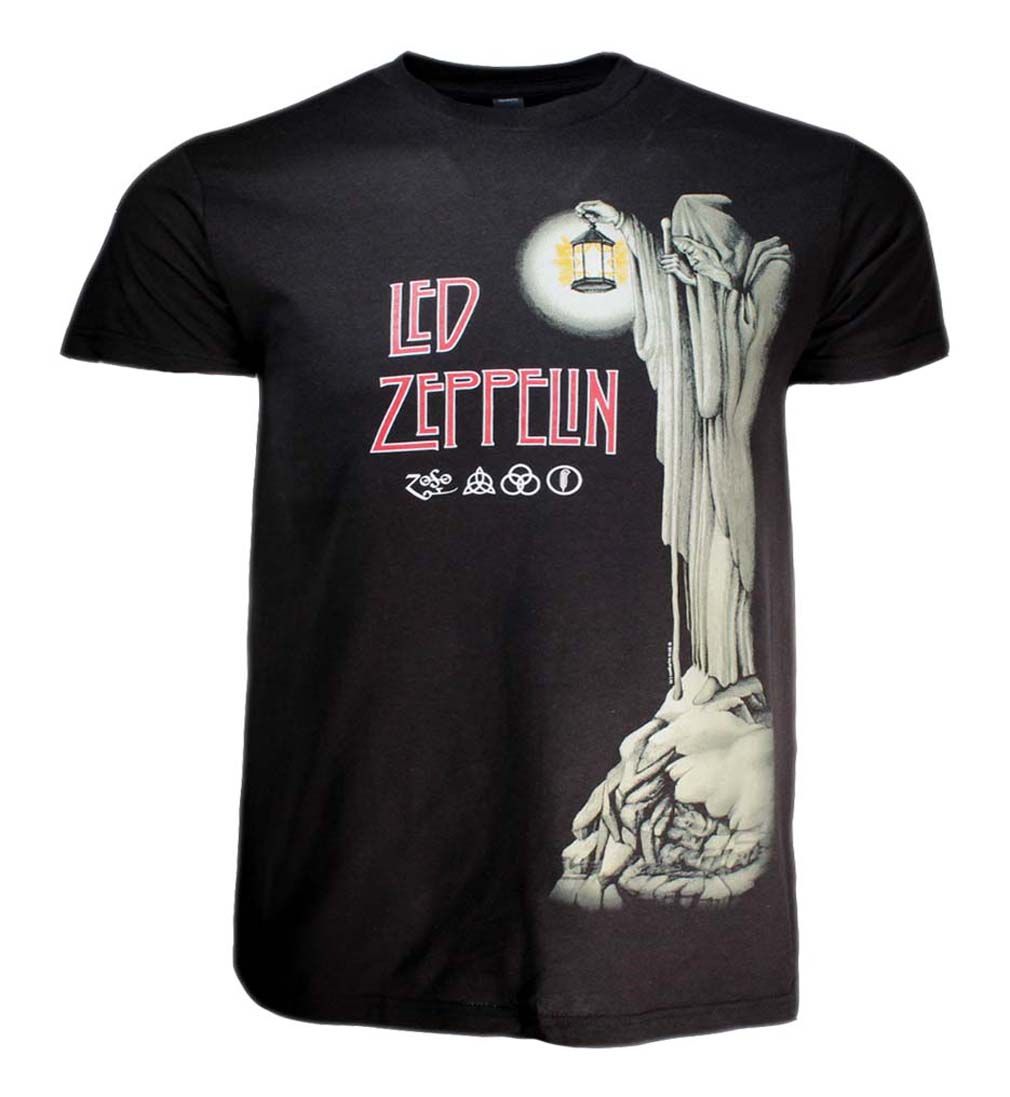
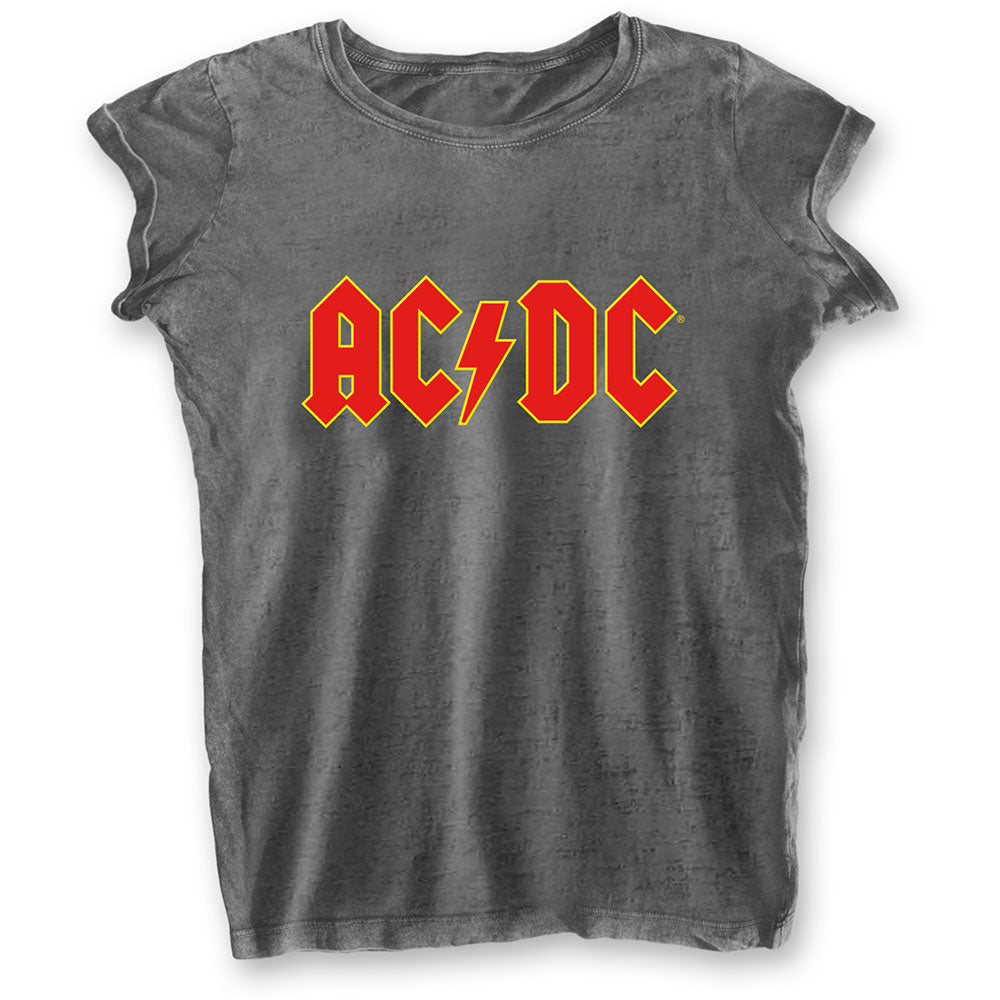
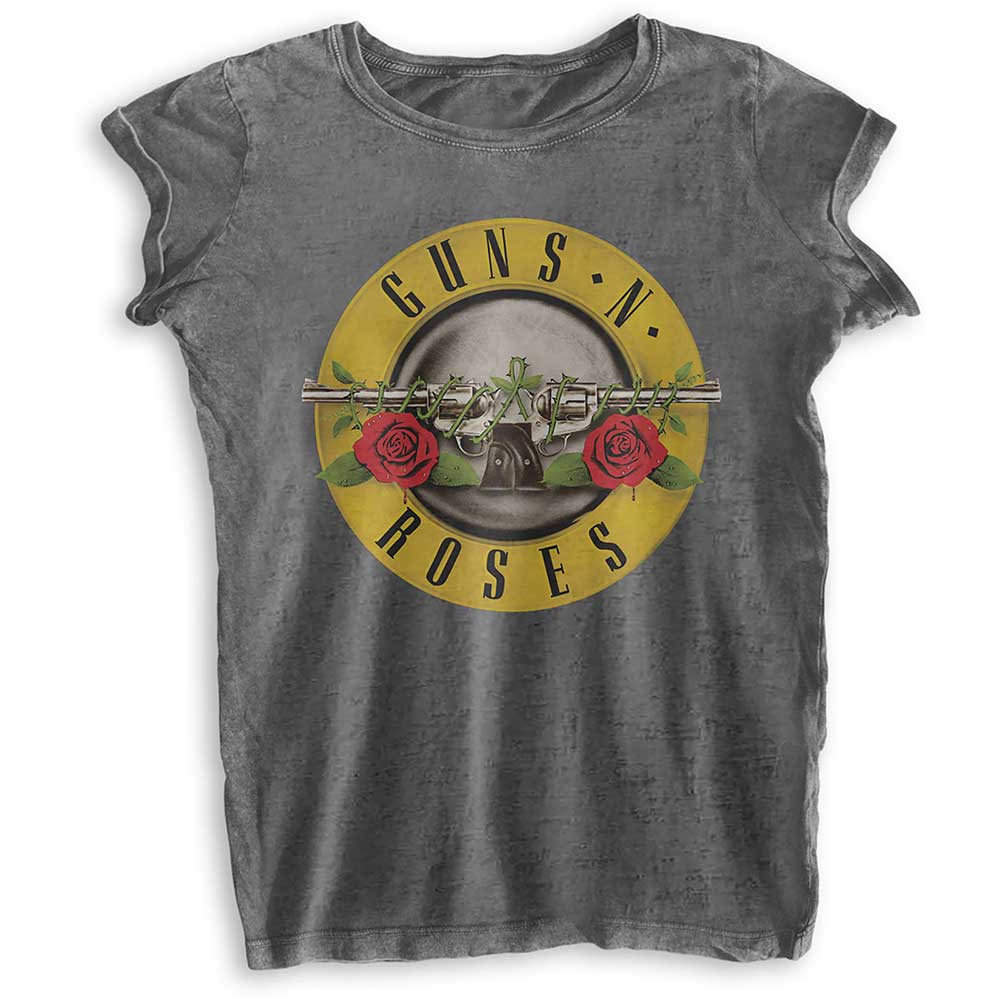






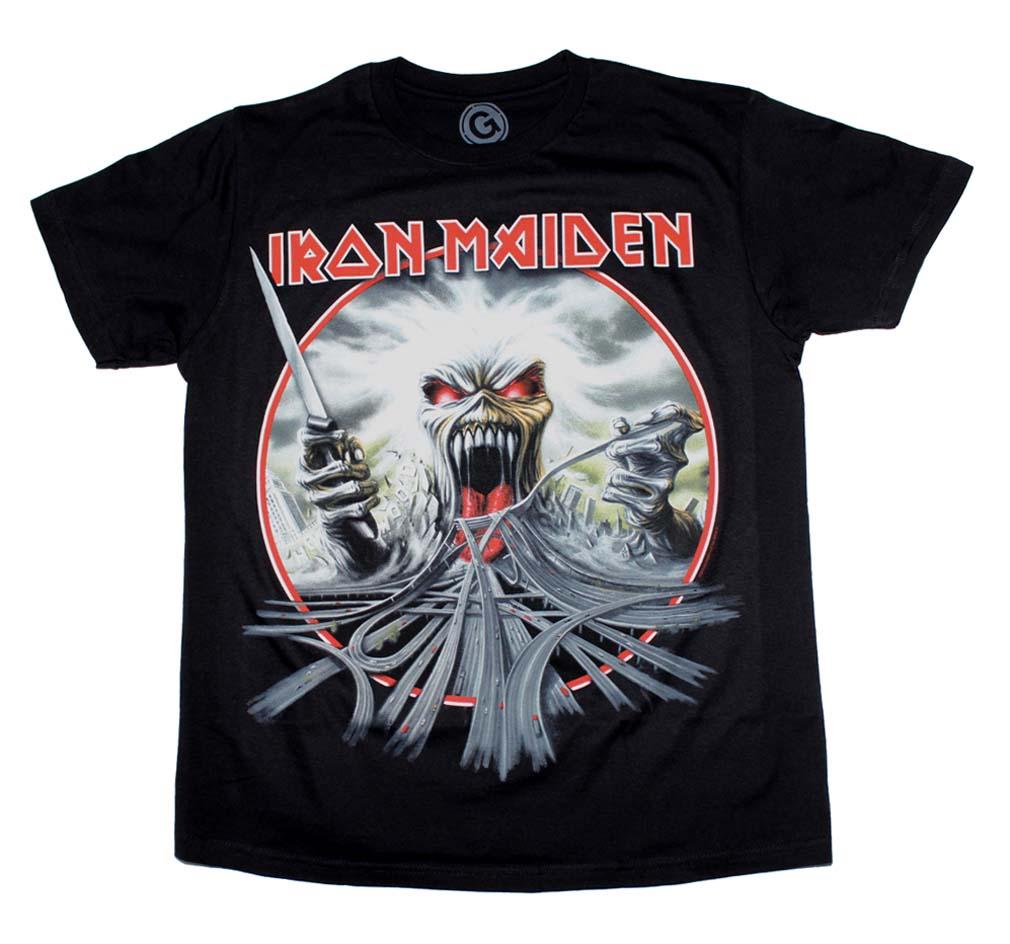


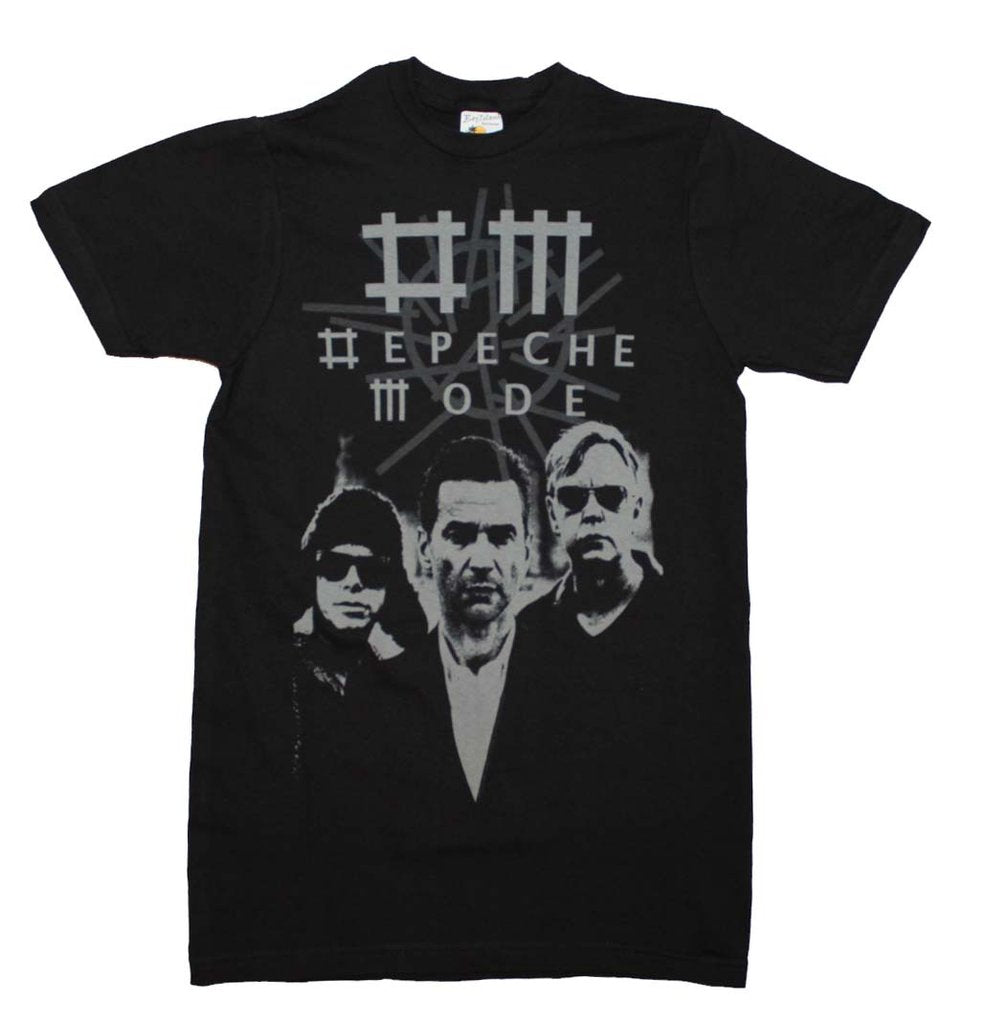


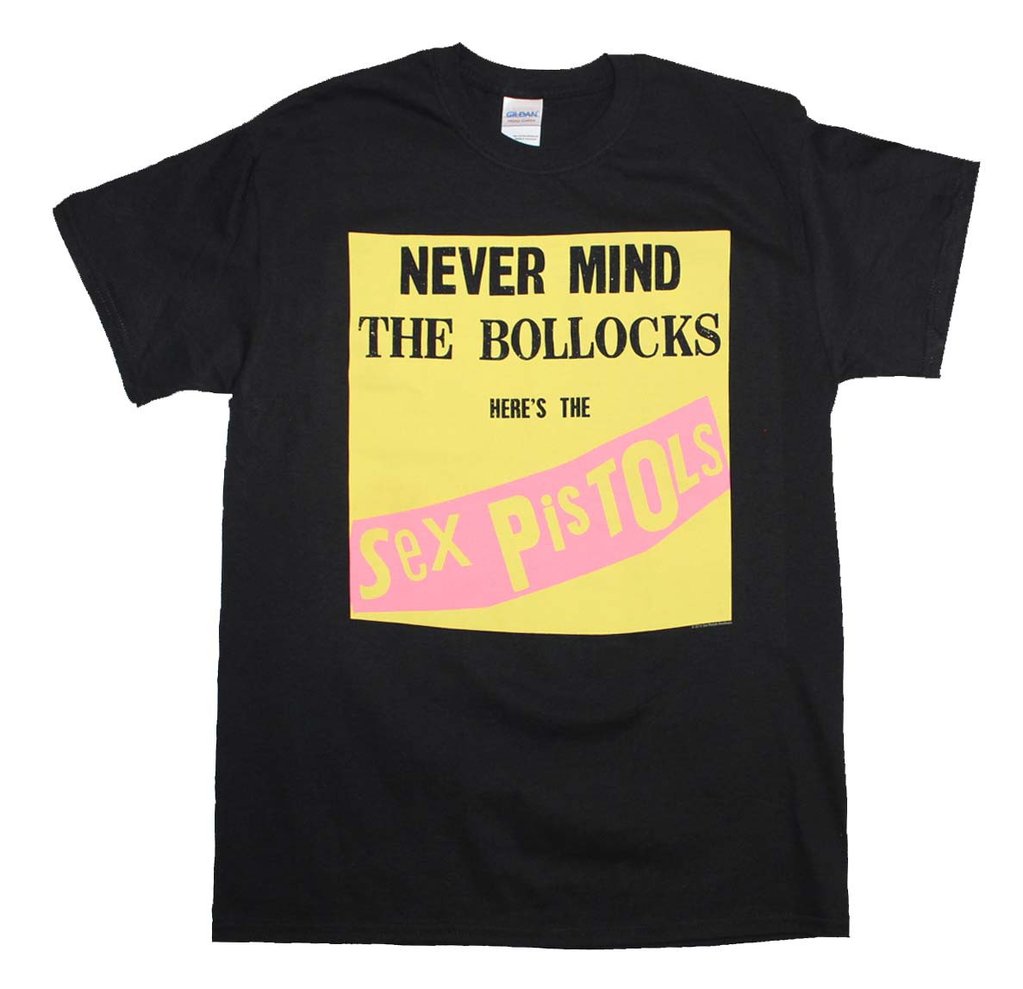
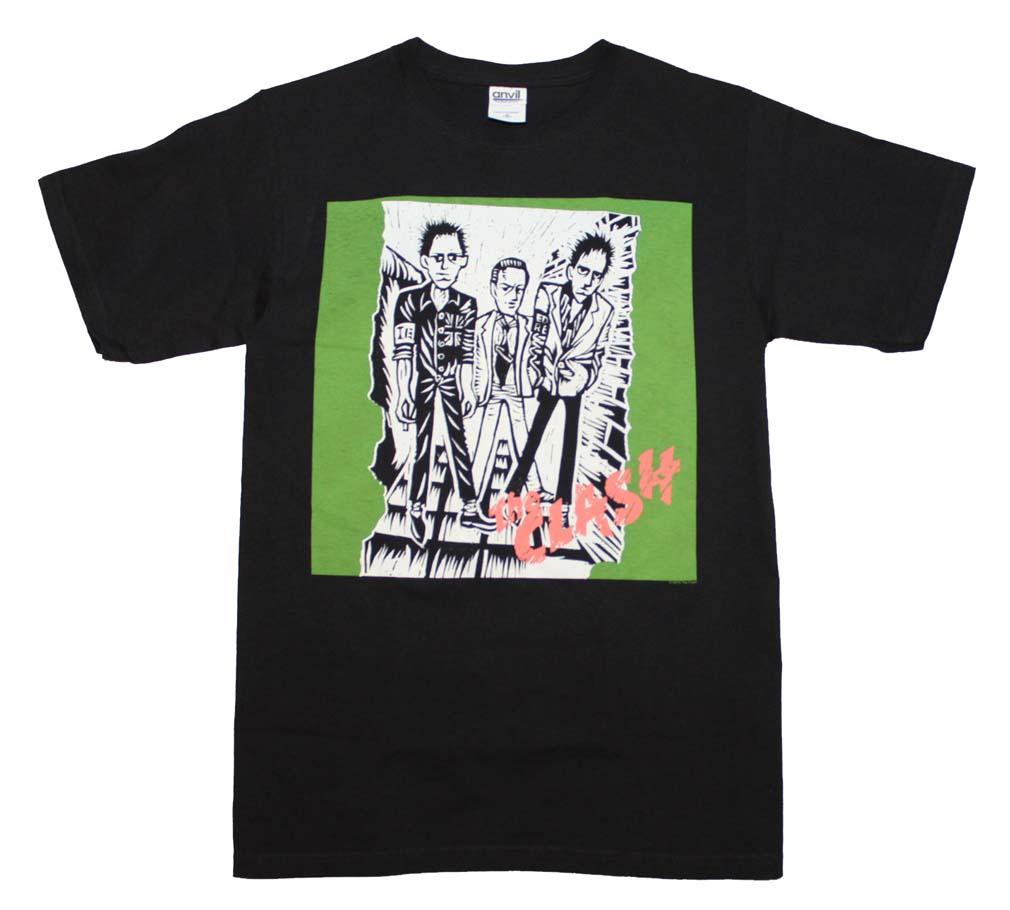
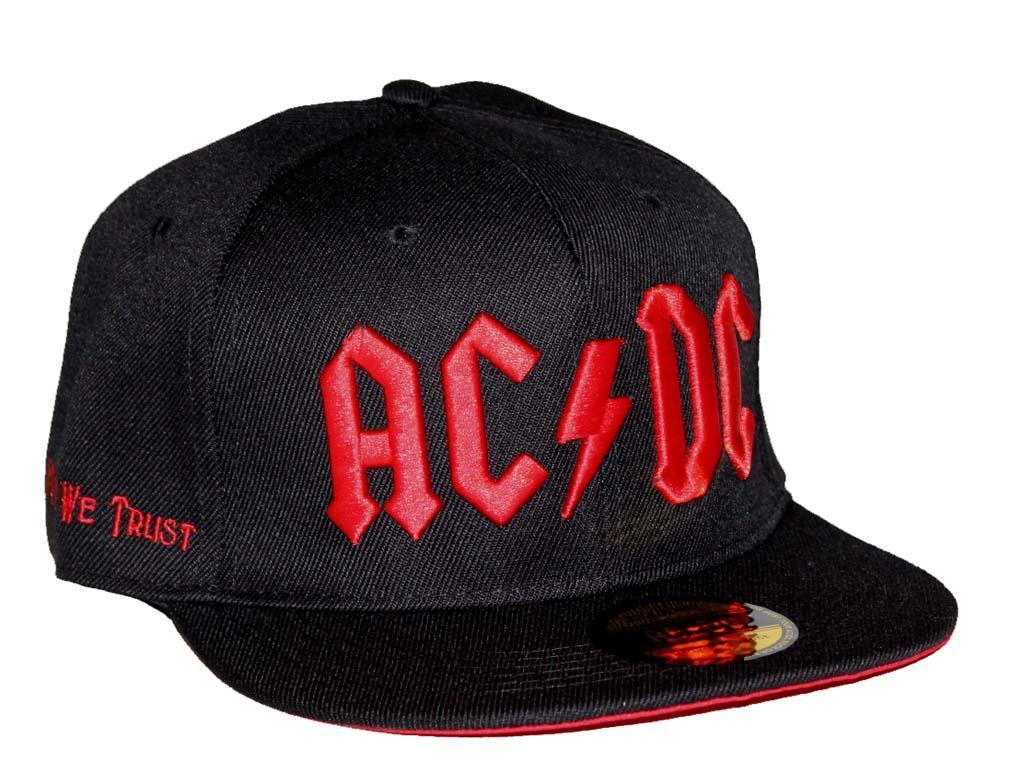
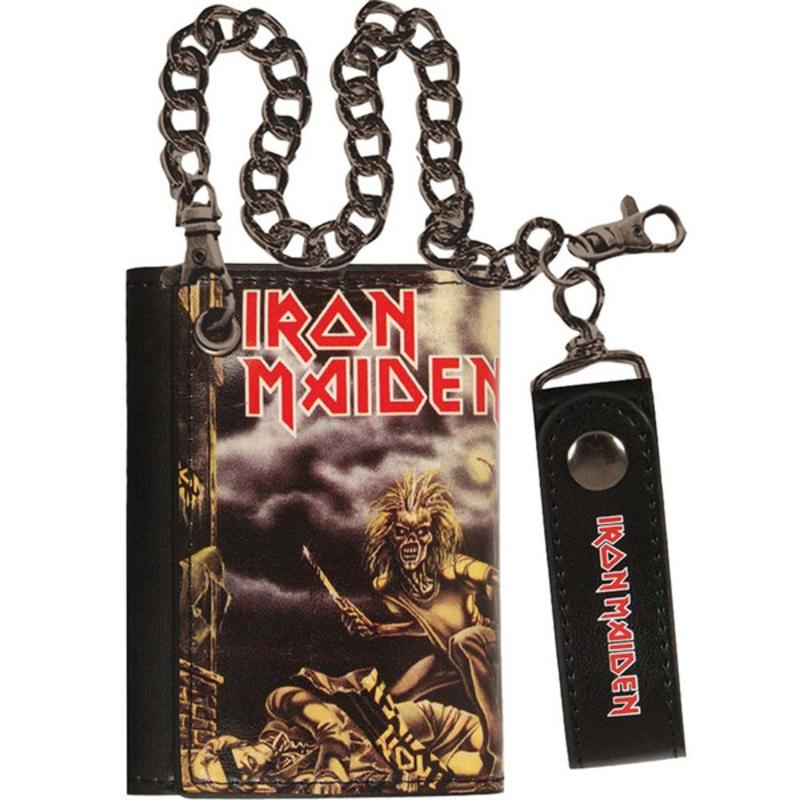

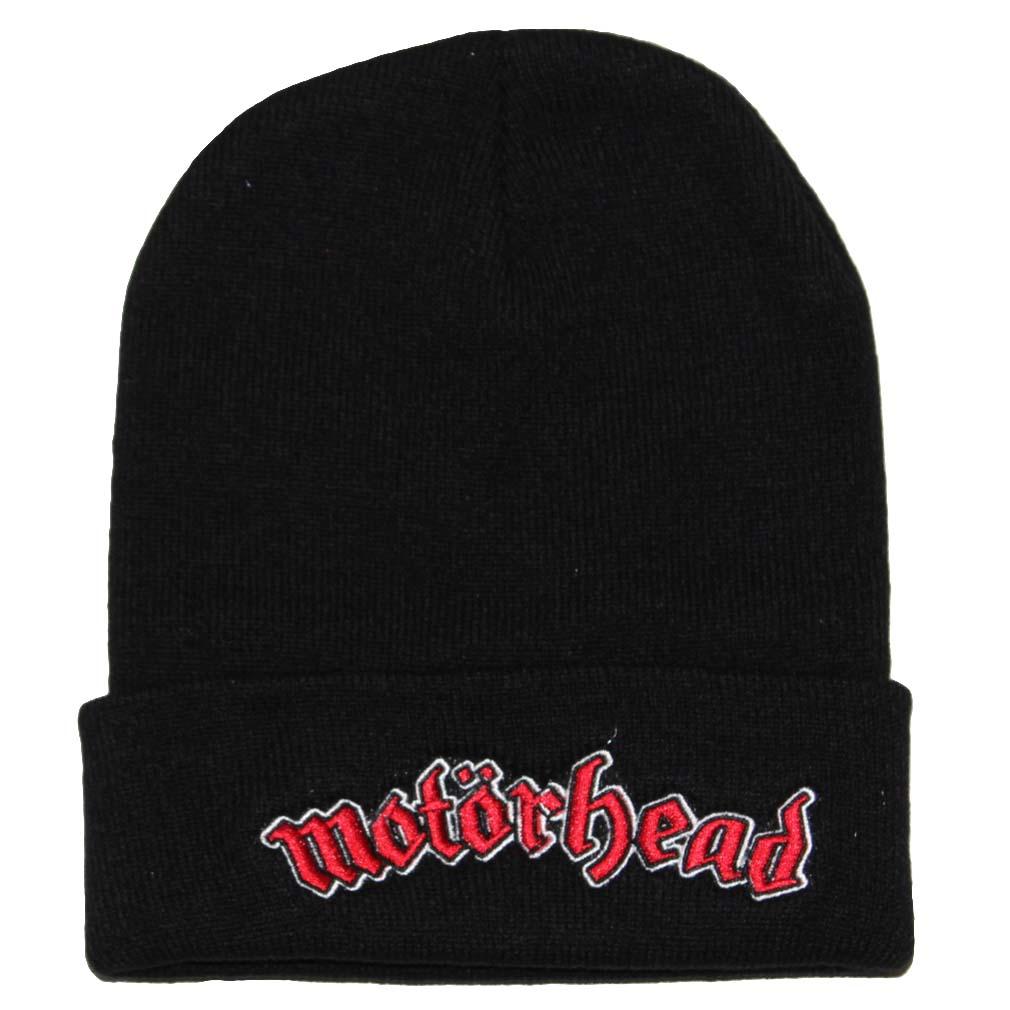
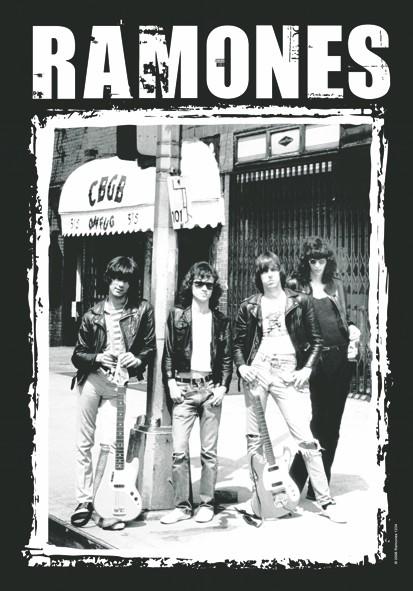
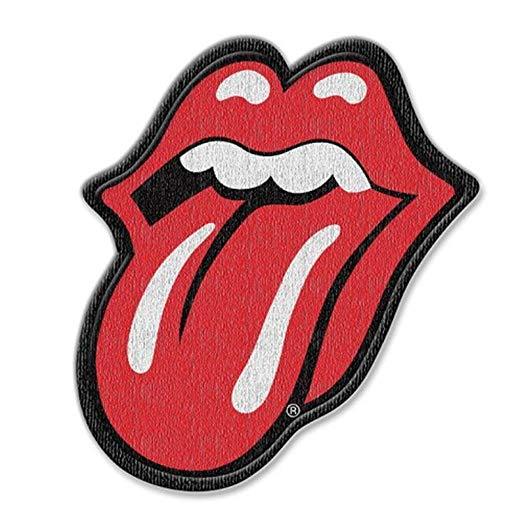

Comments
37 comments
Richard
Correct, one out of 4 albums i purchase has QC issues .. vinyl scratched .. sleeves damaged .. or it sounds like a used album … greasy fingers found on sealed albums .. wrong inner sleeves …
Subsequent Mastering
I feel too much is being made out of something very simple here.
Good products are made from good masters are made from good sources.
A good source is great tape or great digital source, checked by a pro transfer engineer.
A bad source is bad tape or a bad digital source.. such as damaged and badly stored tape or a loud CD master from the 90s cut to vinyl without any real thought. For example.
Always people going for the analogue vs digital… not sure why, sound is analogue when it comes out of your speakers, its the journey it takes before you exchange your hard earned money for it which depends whether or not you’ll be bummed out when you give it a listen!
Tim
What people are mixing up is a digital master tape, and a mp3 file in a format designed for file size not quality…
Jeff
I wish more was written about the cost of vinyl vs. sales numbers. If the cost we’re lower would it invite different a demographic of folks to scene thereby avoiding “slumping sales”?
ChrisW
It comes back to the old saw “garbage in, garbage out”. Best bet is to buy older vinyl and invest in a record cleaning machine like the Project or the OkkiNokki
Twin-Fin
When we put our album on vinyl we took the unmastered mixes & had them mastered by a mastering studio that specializes in vinyl recordings.
The album was recorded digitally (P.C. in SONAR X1 Studio) through vintage tube & solid state pre-amps using the best mics available to us. Very little editing (re: fixing) was done & the reverbs & any other effects came from old SPX-90 muti-effects units.
Good mics, good pre-amps, good musicianship & good engineers/producers make good records. You just have to master the mixes according to the media it will be played back on!
Wally
Yeah, if you are buying vinyl for the music and not just being a hipster, you really should be doing or have done your research on this, cause not all vinyl is created equal.
Musiconvinyl.com is one to check out for good quality releases and a fave of mine.
William Marshall
This is why I prefer to track down original stereo recording of used albums in good condition I didn’t invest over 3 grand on a high end turntable & cartridge for inferior sound quality
Kevin
I’ve always wondered this. Since sometime in the 80s and certainly the 90s albums were recorded using digital masters. I’d imagine that everything is recorded digitally nowadays. The days of recording engineers physically splicing analog tape are long gone. With all this in mind I’m curious as to if there is any sound quality to be gained from taking a digital master and putting on vinyl. Wouldn’t the best scenario be HD audio in this case? With that said I love vintage 70s and 80 vinyl that was created in the analog domain from start to finish.
Mark Roberton
It’s foolish – the consumers pay their money hoping for (assuming) they’re getting the best quality available. The records are overly expensive, but the listeners are sold short on the hype of ‘technology’.
CDs were marketed as a superior medium, “indestructible”, and with the optimum performance in sound, but that was never true! There was a tangible lack of dimension, the sound waves didn’t impress my ears, not over vinyl.
Analog is the best, my ears aren’t digital!!
Geoffrey M Menzer
I have been saying this for years.I appreciate that they are trying to get profit because of streaming and digital….but if the source is bad,it is immoral.On the other hand most young people are so used to hearing intentional distortion that they dont know the difference.They may think it is better?…..
Álvaro Martín Gómez Acevedo
In my opinion and perception, and regarding originally analog recordings transferred to digital, I’m sure nobody will be able to notice the difference in a double blind test as long as the digital file is a high-quality transfer done in the flattest and most transparent way, without trying to “enhance” it with digital tricks like compression, limiting and/or EQ. Now, the real question is: Do the people in charge of modern reissues do that? As long as they do, there’s no reason for the sound quality to suffer. In fact, there are many great-sounding modern reissues. Of course there are lots of turds as well, but that’s not because of being digital but because of the treatment that the recordings received during the analog to digital transfer.